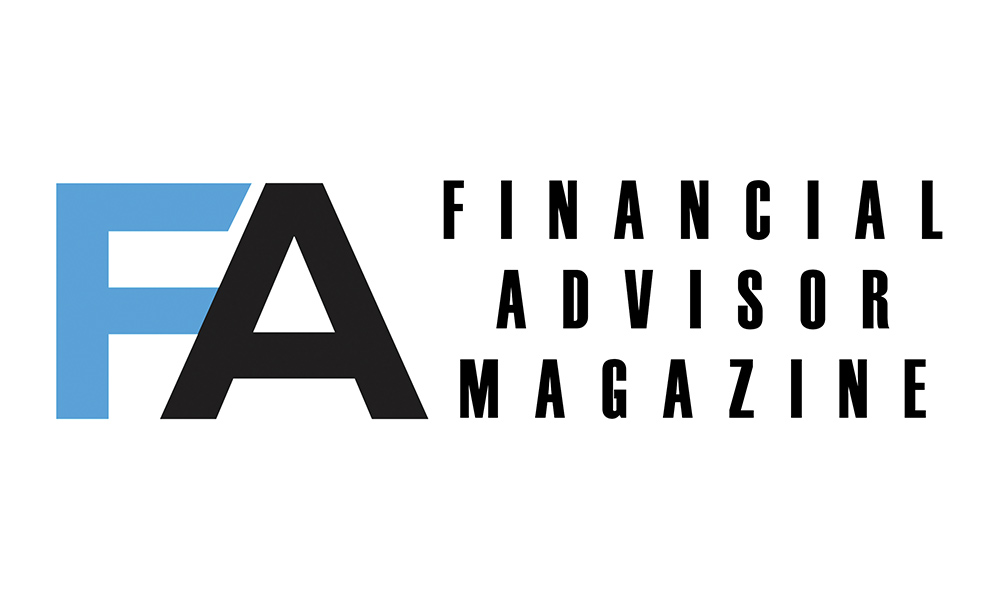Financial advisors who have long relied on regular client communications to drive their businesses are stepping up their game to proactively reach out to customers during these uncertain times. Largely unable to meet with consumers face-to-face, firms are making more frequent use of the telephone, social media, Zoom seminars, and special events to stay in close contact with their customers.
“During the COVID-19 pandemic, companies that lead with empathy and genuinely address customer needs can strengthen relationships,” consulting firm McKinsey & Company stated.
A recent McKinsey survey found that 64 percent of Americans felt depressed and/or anxious during the pandemic, and 39 percent felt they would not be able to pay their bills after being jobless for just one month. McKinsey added that organizations can address higher customer needs for safety, security, and convenience by maintaining goodwill connections with clients. Meanwhile, Microsoft research found that 68 percent of consumers perceived brands more highly when the company provided proactive customer service communications.
Several financial advisors and CPAs told Advisors Magazine that they have accelerated customer outreach programs during the 2020 health and economic crisis.
“If you wait until the last minute to contact clients, you will lose them as clients,” said Shauna A. Wekherlien, CPA and owner of Tax Goddess Business Services in Scottsdale, Arizona.
Twenty years ago, Wekherlien noted, the CPA industry was more creative. Today, advisors are expected to be the source of knowledge that brings timely information to customers’ attention. Her firm is using multiple platforms to reach clients, including text messages, a weekly newsletter, a YouTube channel, a Facebook group, and personal calls to top clients as least once a month.
Taylor Financial Group in Franklin Lakes, New Jersey, has also been “incredibly proactive,” according to Debra Taylor, Wealth Manager, CPA/PFS, JD, CDFA®. The firm calls clients regularly; creates and distributes weekly and newsletters; sends out periodic client announcements; and holds webchats every three weeks with the entire client base. Their written communications cover details on topics such as the impact of government stimulus packages.
Stacy Bush AIF®, CDFA®, president and CEO of Bush Wealth Management in Valdosta, Georgia, said her firm has always believed in being more proactive than reactive.
“During the recent pandemic,” Bush said, “we have held weekly or twice a month conference calls for existing and potential clients to share our thoughts. We also give them the chance to ask any questions they have.”
Wagner Advisory Group in Palm Harbor, Florida, began reaching out to every family it services in early March through a variety of techniques, according to Cathy A. Wagner, president. The effort began with a personal call to each client plus a full portfolio review. They also reminded families that, unless their goals or situation had changed significantly, the investment strategy had been designed from a long-term perspective.
“Additionally, I am recording a weekly video message every Monday morning with a focus on overall well-being,” Wagner said. “Our clients appreciate us providing them with valuable and timely information they can rely upon, plus advice regarding stress management, nutrition, and overall immune system-building tips.”
Other Wagner initiatives include a “social distancing event” with a drive-by shredding truck and an organic frozen treat stand. Their first virtual event for clients is a Zoom-guided chocolate tasting.
Communicating the impact of the $2 trillion Coronavirus Aid, Relief, and Economic Security (CARES) Act to clients has been the major focus for Malcolm Dedekian, CPA, of Dedekian, George, Small & Markarian Accountancy Corp. in Fresno, California.
“By far the most pressing issue for our clients is getting enough cash to withstand the slowdown,” Dedekian said. “Most of our clients are businesses. Fortunately the majority are in industries that have been able to continue operating (such as construction, manufacturing and agriculture). However, all have been impacted in some way, either through slow-downs in work, delayed orders, or supply chain interruptions.”
With the critical timing to obtain funds from these programs, plus the tax filing deadline extension, the firm substantially slowed its traditional public accounting activities during most of March and April. The firm instead prioritized helping clients navigate the CARES Act.
“Our approach has been to help each of them apply for the Paycheck Protection Loan (PPP) program,” Dedekian said. “We also helped them understand and take advantage of other provisions, such as the Economic Injury Disaster loan provisions, SBA Debt relief, Employee Retention Credits, and the payroll tax deferral program”.
He continued, “This has allowed us to connect much more strategically with our clients and get them immediate relief. Our clients have appreciated this far more than completing compliance tasks. We are now reaching out to our clients to help them maximize the loan forgiveness provisions of the PPP loans.”
While savvy advisors made extra efforts to reach out to their clients over the past few difficult months, most also realize that those additional communication efforts will probably be needed during the months ahead.



